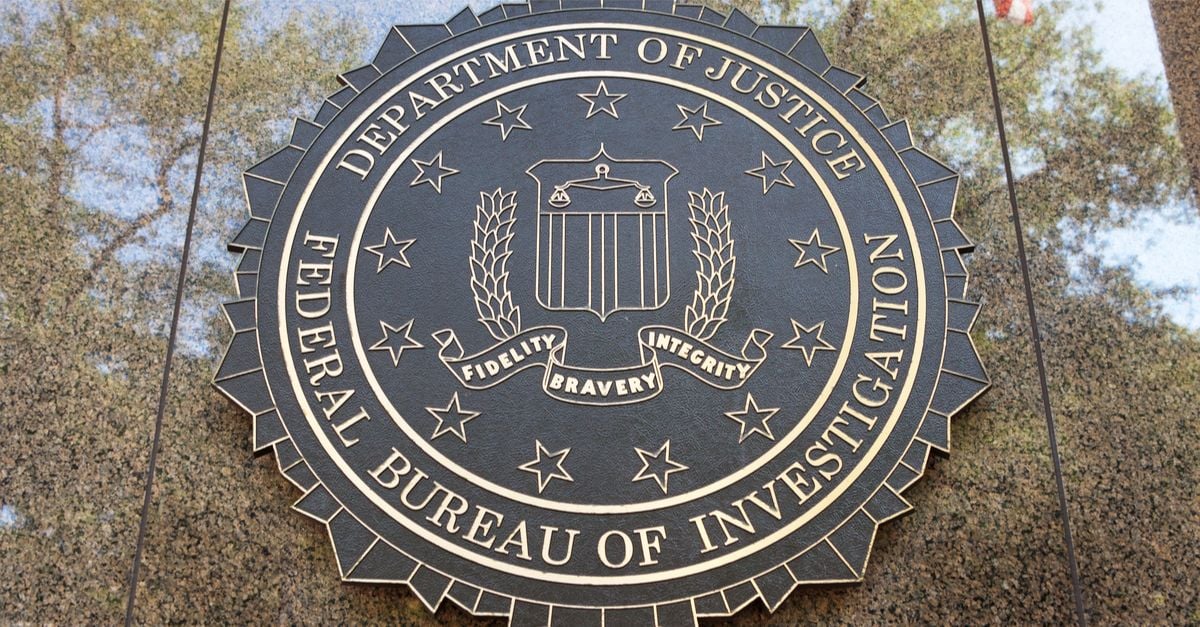Security News

An Instagram super-star with 2.3 million followers has been extradited to America accused of conspiring to launder hundreds of millions of dollars obtained via cyber-crime. Abbas allegedly ran so-called business email compromise scams, which typically involve hijacking email accounts, or impersonating strangers in emails, to fool victims into transferring money to the scammer's bank account rather than a legit recipient.

"There doesn't seem to be any mitigation of the growing trend of online crime. The first line of defense from online fraud is not a technology solution or even law enforcement; it's user awareness. From a policy perspective, governments and other institutions should get the word out more so that individuals and organizations are more sensitive to online threats." The most popular internet crimes tracked by the FBI were extortion, government impersonation, and business email compromise, which cost victims $1.8 billion in 2019.

On Wednesday, a 33-year-old Philadelphia woman was charged with allegedly torching those cars after the FBI tracked her down via a slew of online clues that shows how findable we all are, be we criminals or somebody to be marketed at or tracked. Namely: her protest T-shirt, which the FBI matched to one sold on the Etsy online marketplace; social media handles; a tattoo of a stylized peace sign on her right forearm; and a Vimeo video that shows a woman matching her description who removed a flaming piece of wooden police barricade from one car and shoved it through the window of another.

A woman accused of setting fire to two Philadelphia police cars during a May 30 protest was tracked down by her online buying-habits and reviews, a social media sweep, and a poor username choice, the FBI has claimed. In an affidavit spotted by Seamus Hughes, deputy director of the Program on Extremism at George Washington University, FBI Special Agent Joseph Carpenter details the data trail that led agents to Lore-Elisabeth Blumenthal, 33.

The increased use of mobile banking apps due to the COVID-19 pandemic is sure to be followed by an increased prevalence of mobile banking threats: fake banking apps and banking Trojans disguised as those apps, the FBI has warned. "Studies of US financial data indicate a 50 percent surge in mobile banking since the beginning of 2020. Additionally, studies indicate 36 percent of Americans plan to use mobile tools to conduct banking activities, and 20 percent plan to visit branch locations less often," the FBI pointed out.

Facebook paid a cybersecurity firm six figures to develop a zero-day in a Tor-reliant operating system in order to unmask a man who spent years sextorting hundreds of young girls, threatening to shoot or blow up their schools if they didn't comply, Motherboard's Vice has learned. Hernandez was such a persistent threat, and he was so good at hiding his real identity, that Facebook took the "Unprecedented" step of working with a third-party firm to develop an exploit, Vice reports.

The increase in mobile banking application usage is expected to lead to a rise in exploitation too, the Federal Bureau of Investigation warns. Over the past several years, mobile banking applications have seen wide adoption, and their use went up by 50% since the beginning of this year, an alert from the FBI's Internet Crime Complaint Center reveals.

As a result, the FBI said it expects cybercriminals to target banking customers with fake banking apps and app-based banking trojans. Phony bank apps spoof the actual apps of major banks to trick users into entering their account credentials.

Kenenty Hwan Kim, aka Myung Kim, 64, pleaded guilty [PDF] in a Texas court this week to one count of conspiracy to commit money laundering. Using an email address very similar to Chance's, Kim asked Solid Bridge to send a $210,000 check for an invoice to an address in Washington state.

The latest Naked Security podcast is out now!